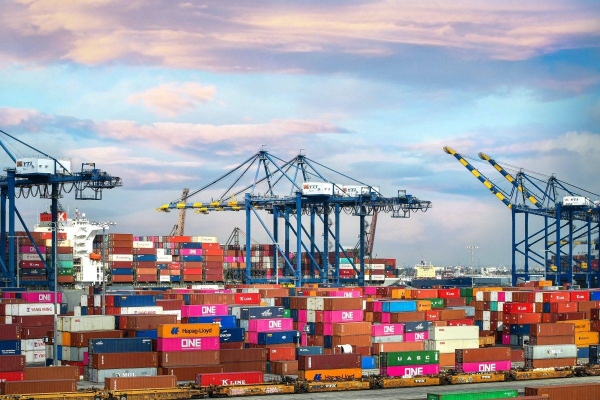Riyadh, Saudi Arabia – The Saudi Ministry of Industry and Mineral Resources has unveiled plans to broaden the range of customs duty exemptions for various industrial products and materials starting April 1.
Industrial companies holding a valid license from the ministry will benefit from duty exemptions on specific items essential for their operations. The items encompass raw materials, semi-finished materials, finished materials, packaging materials, machinery, equipment, and spare parts directly required for industrial production.
The exemptions will not apply to materials produced locally by industrial establishments or imported as inputs for their factories. Industrial firms seeking customs duty exemption must provide sufficient justifications and submit requests through the ministry’s Senaei platform. Starting March 14, they can access the platform, choose the “add a customs item” service, and support their requests with justifications for duty exemption.
Key data required for submission includes average selling prices, product names, costs and prices of imported and local inputs, customs clauses for inputs and final products, equivalent weight of designated energy, reasons for the request, product images, actual production figures, and essential supplier and customer information.
The initiative to expand customs duty exemptions aligns with Saudi Arabia’s commitment to supporting the industrial sector and enhancing manufacturing capabilities as part of Vision 2030 and the National Strategy for Industry.

